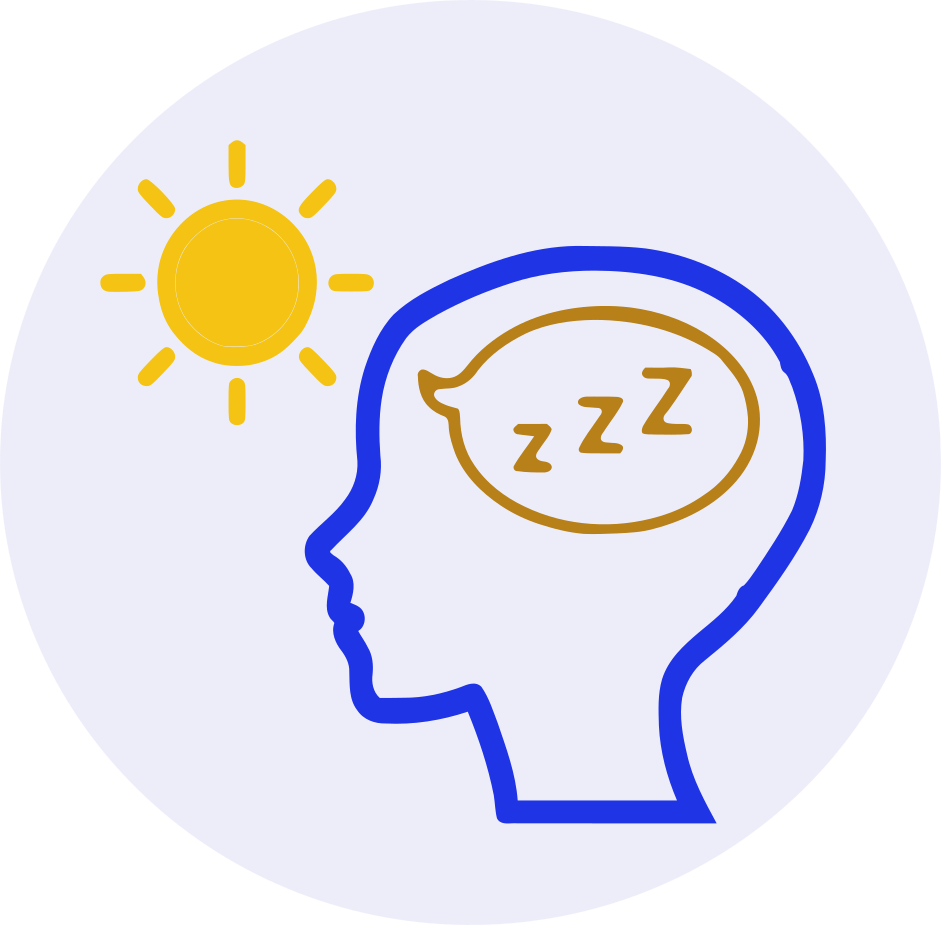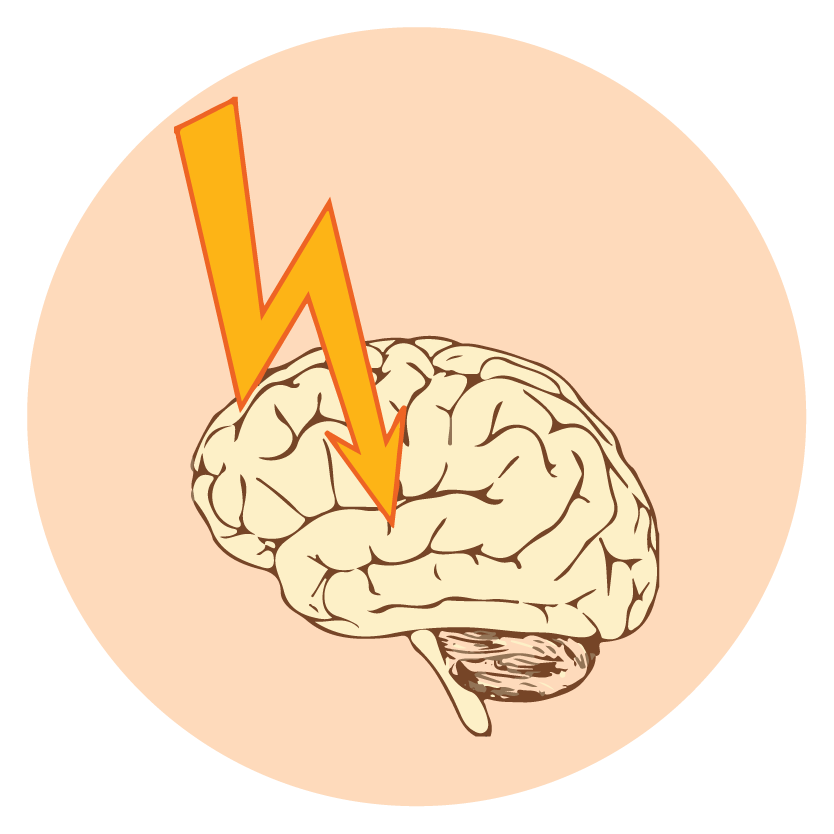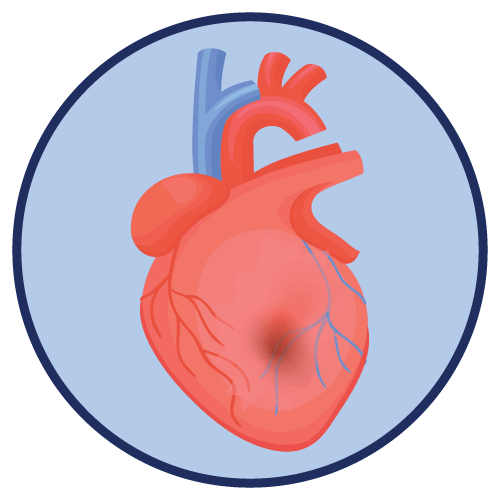Medicine details
| Image |  |
| Name | Ludiomil 25 |
| Dosage | Tablet |
| Generic Name | Maprotiline Hydrochloride |
| Classes |
Central Nervous System Agent Psychotherapeutic Agent Tetracyclic Antidepressant |
| Diseases |
Anxiety CNS Disorder Depression |
| Company | Novartis (Bangladesh) Ltd. |
Drug Package Details
| Strength | 25 mg |
| Storage Condition | |
| Origin Country | Bangladesh |
| Commercial Pack | 50 |
| Price per pack | ৳ 325.00 |
| Cost per pack | ৳ 286.00 |
| Package unit | 10 caps strip |
| Price per unit | ৳ 6.50 |
| Cost per unit | ৳ 5.72 |
| Discount | 0 |
| Coupon | |
| Remarks |
Maprotiline Hydrochloride
Maprotiline Hydrochloride belongs to a class of drugs called the tricyclic antidepressants. Maprotiline blocks the reuptake of serotonin and norepinephrine in presynaptic terminals, which leads to increased concentration of these neurotransmitters in the synaptic cleft.
Maprotiline Hydrochloride is indicated for the following conditions.
- Depression
- Manic disorder
- Anxiety associated with depression
- Initial Adult Dosage: An initial dosage of 75 mg daily is suggested for outpatients with mild to moderate depression. However, in some patients, particularly the elderly, an initial dosage of 25 mg daily may be used. Because of the long half-life of maprotiline, the initial dosage should be maintained for 2 weeks. The dos age may then be increased gradually in 25 mg increments as required and tolerated. In most outpatients a maximum dose of 150 mg daily will result in therapeutic efficacy. It is recommended that this dose not be exceeded except in the most severely de pressed patients. In such patients, dosage may be gradually in creased to a maximum of 225 mg. More severely depressed, hospitalized patients should be given an initial daily dose of 100 mg to 150 mg which may be gradually increased as re quired and tolerated. Most hospitalized patients with moderate to severe depression respond to a daily dose of 150 mg although dosages as high as 225 mg may be re quired in some cases. Daily dosage of 225 mg should not be exceeded.
- Elderly Patients: In general, lower dosages are recommended for patients over 60 years of age. Dosages of 50 mg to 75 mg daily are usually satisfactory as maintenance therapy for elderly pa tients who do not tolerate higher amounts.
- Maintenance: Dosage during prolonged maintenance therapy should be kept at the lowest effective level. Dosage may be reduced to levels of 75 mg to 150 mg daily during such periods, with subsequent adjustment depending on therapeutic response.
- Cardiovascular: Rare occurrences of hypotension, hypertension, tachycardia, palpitation, arrhythmia, heart block, and syncope have been re ported with maprotiline.
- Psychiatric: Nervousness, anxiety, insomnia, and agitation; rarely, confusional states (especially in the elderly), hallucinations, disorientation, delusions, restlessness, nightmares, hypomania, mania, ex acerbation of psychosis, de crease in memory, and feelings of unreality.
- Neurological: Drowsiness, dizziness, tremor, and, rarely, numb ness, tingling, motor hyperactivity, akathisia, seizures, EEG alterations, tinnitus, extrapyramidal symptoms, ataxia, and dysarthria.
- Anticholinergic: Dry mouth, constipation, and blurred vision; rarely, accommodation disturbances, mydriasis, urinary retention, and delayed micturition.
- Allergic: Rare instances of skin rash, petechiae, itching, photosensitization, edema, and drug fever.
- Gastrointestinal: Nausea and, rarely, vomiting, epi gastric distress, diarrhea, bitter taste, abdominal cramps and dysphagia.
- Endocrine: Rare instances of in creased or decreased libido, impotence, and elevation or de pression of blood sugar levels.
- Other: Weakness and fatigue and headache; rarely, altered liver function, jaundice, weight loss or gain, excessive perspiration, flushing, urinary frequency, in creased salivation, nasal congestion and alopecia.
- The possibility of suicide in seriously depressed patients is inherent in their illness and may persist until significant remission occurs. Therefore, patients must be carefully supervised during all phases of treatment with maprotiline, and prescriptions should be writ ten for the smallest number of tablets consistent with good patient management.
- Hypomanic or manic episodes have been known to occur in some patients taking tricyclic antidepressant drugs, particularly in patients with cyclic disorders. Such occurrences have also been noted, rarely, with maprotiline.
- Prior to elective surgery, maprotiline should be discontinued for as long as clinically feasible, since little is known about the interaction between maprotiline and general anesthetics.
- Maprotiline should be administered with caution in patients with history of urinary retention, or history of narrow angle glaucoma because of the drug’s anticholinergic properties.
Contraindication
- Maprotiline hydrochloride tab lets are contraindicated in patients hypersensitive to maprotiline.
- Concomitant use with MAOIs is contraindicated.
-
- A minimum of 14 days should be allowed to elapse after discontinuation of MAO inhibitors before treatment with maprotiline is initiated.
None known.
Contraindicated in patients with-
- known or suspected seizure disorders
- Recent myocardial infarction











 Bangla
Bangla English
English